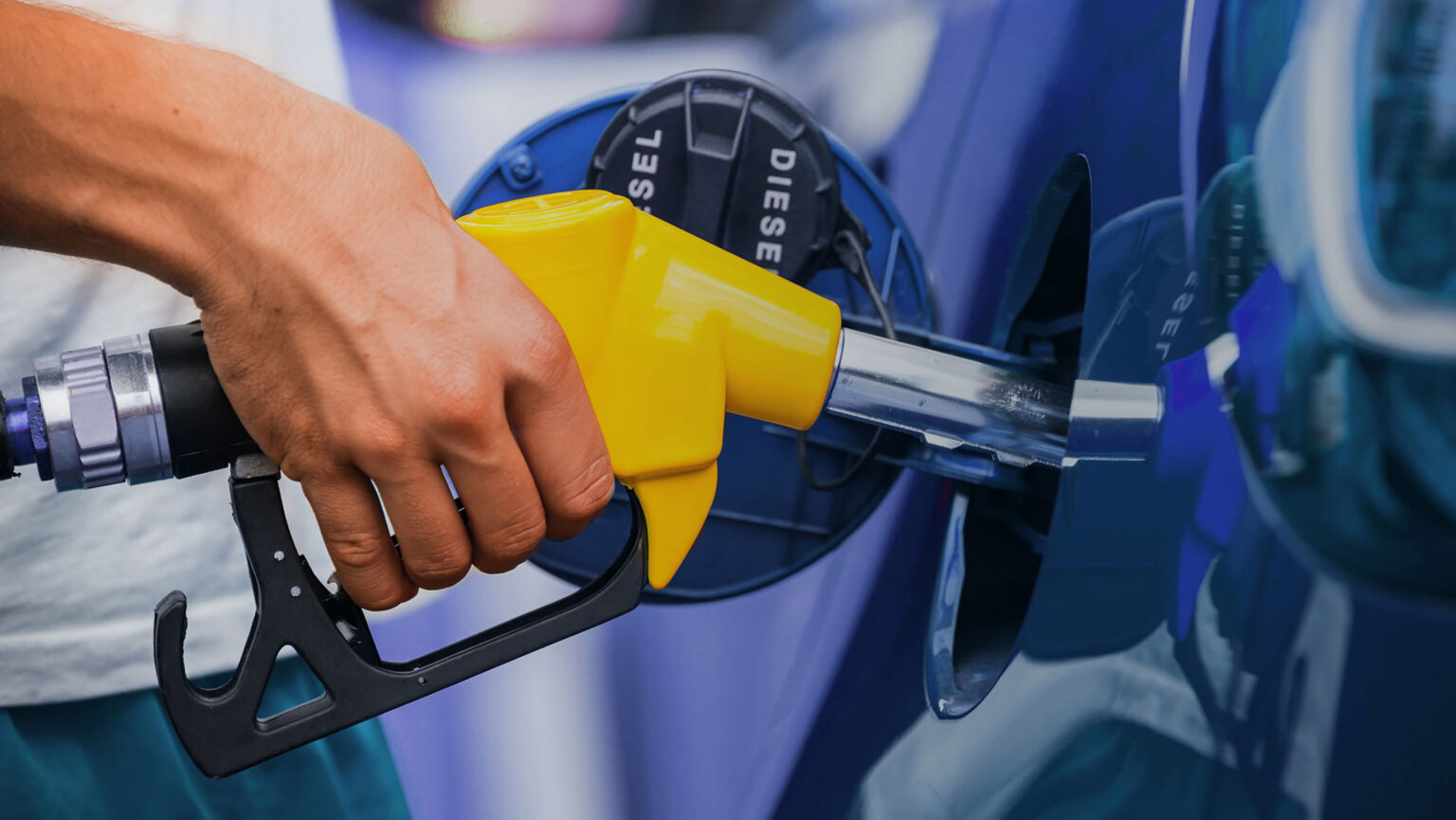
8 Factors You Didn’t Know Are Affecting Your Fleet’s Fuel Efficiency
Whether you’re in the business of package deliveries, transportation services, or any other industry that relies on vehicles for its everyday operations, fuel costs likely constitute a sizable portion of your overall expenses.
In your line of work, you may have already made peace with that and chucked it all up to the inevitable, constantly rising petrol prices and drivers having to take on greater distances to accommodate your clients’ needs.
While those are all valid points, there may be other culprits influencing your fleet’s petrol consumption at play here. So, whenever you find yourself calling for fleet fuelling services a few too many times outside of your regular schedule, here are eight reasons why this may be happening:
1. Neglecting Periodic Engine Maintenance
The engine is the heart of any car. If it’s not tuned correctly or if you put its maintenance on the back burner for way too long, you can undoubtedly expect fuel efficiency to take a hit.
Minimal but frequent maintenance, such as changing the engine oil, replacing clogged air filters or installing new spark plugs, can extend the life of your fleet and boost fuel economy.
2. Choosing Poor-Quality Engine Oil
You also have to be mindful of the type, viscosity grade and quality of oil you use. Substandard engine oil can significantly impact fuel economy, especially at specific temperatures.
It can cause the pistons and other parts to move less freely, which adds a load onto the engine and requires more petrol energy to get it going.
3. Setting Incorrect Tire Pressure
When you ensure your fleet tyres are properly inflated and aligned, you maintain their traction on the road, prolong their life and reduce the drag the engines have to overcome.
Remember to always inflate your tyres in line with the pressure recommended by your car manufacturer. You can find this information on a sticker or placard on the driver’s side door frame.
4. Taking Short Trips and Frequent Start-Stop Action
Cars are at their least fuel-efficient when they’re first fired up and when driven over short distances.
This is because the engine needs time to reach its peak operating temperature, and the catalytic converters, which are responsible for minimising air pollution emissions, also need time to warm up — something often hard to achieve when drivers keep switching the ignition on and off.
You might subscribe to the old belief that you need to let the engine run idle for a while before driving, but the reality is this might increase your fleet’s petrol consumption all the more. The only way you can get ahead of this is to coordinate your drivers’ routes more effectively, combining several shorter trips into one long haul.
5. Driving in the Wrong Gear
With manual cars, every gear corresponds to a particular speed limit. Suppose you’re driving at 40 km/h in the second gear. In that case, you’re putting greater strain on the engine than if you were driving at the same speed in third gear and, consequently, consuming more petrol.
If your fleet mainly uses manual transmission cars and you have a few inexperienced drivers on your team, you might want to alert them to this and train them on the right shifting techniques for your specific vehicle models.
6. Opting for Low-Quality Fuel
Good quality fuel takes a shorter time and fewer quantities to power the engine. It also decreases waste accumulation in the intake valves and injector nozzles after burning.
So, ensure you partner with a reliable, top-grade supplier, such as Cafu and similar companies, with different fuel options like Special 95, Super 98, Diesel and E91, to support your business needs.
7. Overusing the Air Conditioning
In the UAE’s hot climate, using the AC is unavoidable. However, leaving the AC on for extended periods, especially in low-speed driving or stop-and-start traffic, draws more energy from the engine, resulting in greater fuel consumption.
In some situations, though, AC use can enhance the petrol economy. For instance, when drivers get onto the open road and hit speeds of 80+ km/h, using the AC is more fuel-efficient than opening windows that often create an aerodynamic drag.
8. Carrying Excessive Weight
Every fleet operator wants to maximise their vehicles’ load capacity. The more goods you transport, the more deliveries you make. The more deliveries you make, the more revenue you earn.
Trucks are designed to carry heavy cargo, but they do have limits. Aside from general safety hazards that overloading your vehicles poses, such as brake failure or tyre blowouts, it also requires more petrol to get those heavyweights moving.
So, knowing your trucks’ payload capacity and abiding by it can save you a considerable amount of money in the long run.
Optimising Your Fleet’s Fuel Economy
Enhancing your fleet’s fuel consumption is not going to happen overnight. However, by being mindful of the above factors, you can adopt better practices and eventually see a positive impact on your business’s bottom line







